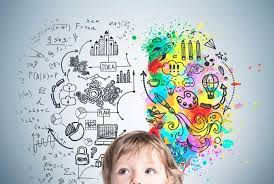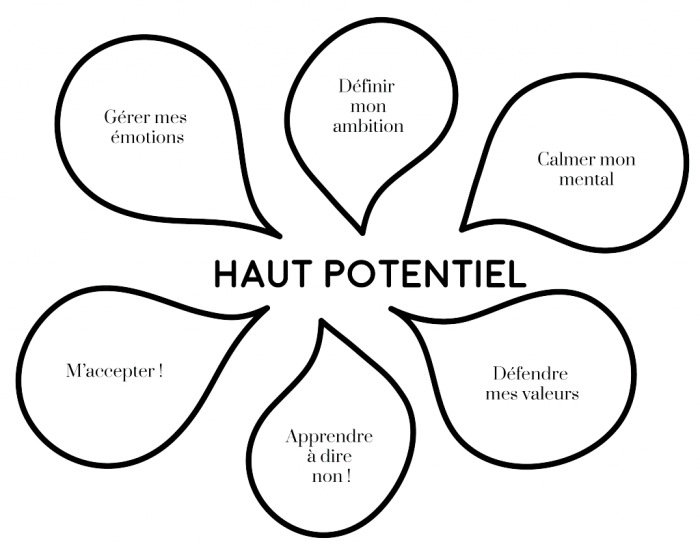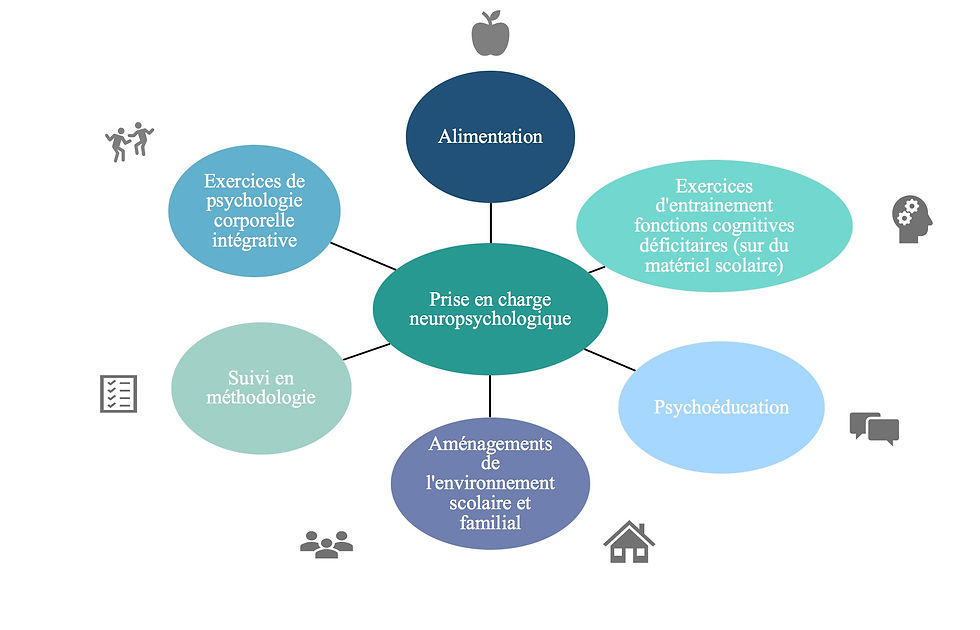The Benefits of the Neuropsychological Assessment: For You and Your Children
- Lætitia

- Aug 18, 2023
- 4 min read
Updated: Oct 20, 2023
In the field of mental health, the neuropsychological assessment occupies a place of choice as a valuable tool for evaluating and understanding cognitive and emotional functions. Whether for yourself or your children, a neuropsychological assessment can provide significant benefits in terms of diagnosis, planning and improving mental well-being. In this article, we will explore in detail the benefits of carrying out such a check-up, for both adults and children.
For you

Accurate Diagnosis: One of the main advantages of a neuropsychological assessment for adults is the possibility of obtaining an accurate diagnosis of possible cognitive or emotional disorders. Whether you are experiencing difficulty with concentration, memory or other mental issues, a checkup can help identify underlying causes, allowing for targeted treatment.
Depression can manifest in different ways in different people. A neuropsychological workup can help confirm the diagnosis of depression by ruling out other medical or psychiatric conditions that might present with similar symptoms. This helps to get a more accurate picture of the situation and to put in place an appropriate treatment plan.
Understanding Cognitive Symptoms: Depression can affect cognitive functions such as memory, attention and concentration. A neuropsychological assessment can assess these specific functions, helping medical professionals better understand how depression can influence a person's mental abilities. It may also guide interventions to address these cognitive symptoms.
Intervention Planning: Once problems are identified, a neuropsychological assessment helps healthcare professionals develop a personalized intervention plan. This may include recommendations for therapies, cognitive exercises or other approaches to improve your mental quality of life.
Monitoring and Evolution: With regular check-ups, it becomes possible to follow the evolution of your cognitive and emotional functions over time. This allows you to measure the effectiveness of treatments and adjust approaches based on your changing needs.
Depression can change over time and in response to treatment. An initial neuropsychological assessment serves as a baseline to assess changes over time. This allows health professionals to monitor the progression of symptoms, adjust treatments if necessary and measure the effectiveness of the interventions put in place.
Validation of Experiences: Depression can sometimes be debilitating, but the symptoms are not always visible from the outside. A neuropsychological assessment can validate the experiences felt by the depressed person by providing objective evidence of cognitive and emotional difficulties. This can help the person feel understood and supported.
Identification of Risk Factors: Certain cognitive and emotional characteristics may be associated with an increased risk of relapse or development of other mental health problems. A neuropsychological assessment can identify these potential risk factors, allowing preventive measures and coping strategies to be put in place to reduce relapses.
For Your Children

Early Detection: A neuropsychological assessment in children can help detect developmental disorders early, such as attention deficit disorder with or without hyperactivity (ADHD) or learning disabilities. Early intervention can significantly improve learning and development prospects.
Understanding Needs: Each child is unique, with their own strengths and weaknesses. A neuropsychological assessment provides an in-depth understanding of your child's learning needs and preferences. This allows teachers and parents to customize the learning environment to optimize its success.
Orientation of Interventions: In the same way as for adults, neuropsychological assessments for children can guide interventions. Specific therapies, school adaptations or tailored learning strategies may be recommended to help the child overcome challenges and develop to their full potential.

A neuropsychological assessment can play an important role in detecting high potential individuals, also known as "gifted" or "high intellectual potential". The tests and assessments performed during a neuropsychological assessment can help identify certain characteristics and traits associated with high potential individuals.
Cognitive Ability Assessment: High potential individuals often have exceptional cognitive abilities in certain areas, such as problem solving, memory, creativity and analytical thinking. A neuropsychological assessment may include specific tests that assess these advanced cognitive skills.
Analysis of Performance Profiles: High potential individuals may exhibit unusual performance profiles in cognitive tests. For example, they may have particularly high scores in some tasks while having more moderate scores in others. A neuropsychological assessment can highlight these characteristic patterns.
Assessing Interests and Motivations: High potential individuals often have intense interests and motivations in specific areas. A review can include assessments that provide an understanding of the person's areas of interest and sources of motivation, which can help identify high potential.
Observing Emotional and Social Traits: High potential individuals may also exhibit distinct emotional and social traits, such as sensitivity, insight, and high self-awareness. A checkup can include assessments of emotional intelligence and social adjustment, which can help paint a more complete picture of the person.
However, it is important to note that the detection of high potential individuals does not rely solely on a neuropsychological assessment. A comprehensive assessment process typically involves several steps, including clinical interviews, behavioral observations, educational assessments and more. Moreover, high potential is a multidimensional and complex concept, and there can be significant variations from person to person and from moment to moment.
In summary, although the neuropsychological assessment can provide useful information for detecting high potential individuals, it should be used in conjunction with other assessment methods to get a complete and accurate picture of the person and their exceptional abilities.

In sum, the neuropsychological assessment offers a valuable perspective on cognitive and emotional functions, for both adults and children. Thanks to an accurate assessment, it allows an appropriate diagnosis and the implementation of tailor-made intervention plans. For children, this can mean optimized learning opportunities and better management of developmental disabilities. For adults, this can result in a significant improvement in mental quality of life.
For people with depression it can offer essential information to inform the diagnosis, treatment and management of the condition. By combining the results of the workup with other clinical assessments, healthcare professionals can develop holistic and personalized approaches to help individuals overcome depression and improve their mental quality of life.
By considering a neuropsychological assessment, you are investing in your own well-being or that of your children, empowering you to overcome mental obstacles and move towards a more fulfilling future.
Best regards,
Laetitia Georges



Comments